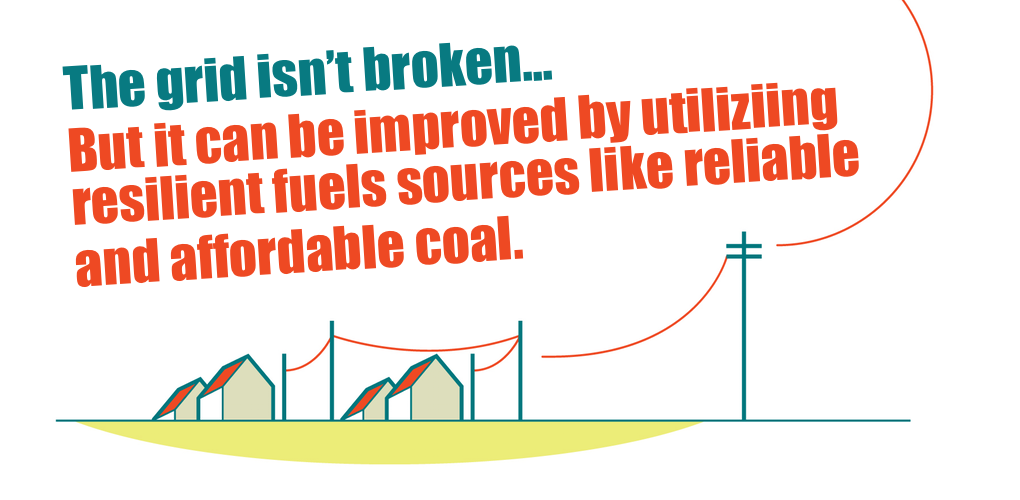
The Oracle at DOE
August 28th, 2017
In Greek mythology, the Oracle at Delphi spoke so cryptically that both Athenians and rival Spartans could hear what they wanted to hear. Both sides found something to like.
Secretary Perry’s staff’s study on grid “resilience” accomplished much the same thing. Call it Delphic wisdom.
The renewable energy industry was relieved to hear they weren’t held responsible for weakening baseload power. Environmental NGOs were satisfied that their hyped fears were unfounded: DOE said natural gas was the leading disruptor in the once staid power sector. Academic experts got a chance to weigh in with their deep learning.
Critics seemed disappointed to read a reasonably balanced summary of the challenges and opportunities ahead — government was no longer choosing winners and losers. Hurricane Harvey will likely have a bigger impact on the energy grid than this vanilla report.
And a level-headed report may be just what we needed. In the current Game-of-Thrones environment, there’s no harm in a consensus document in which everyone got something.
If the recommendations offered weren’t revolutionary or bold, they were constructive and necessary, reflecting the finding that while the grid isn’t broken, it can be improved.
For example …
- A more forceful, vigilant role for FERC in overseeing and managing the grid is another solid recommendation. A serious assessment of regulatory costs and reliability impacts could have prevented the Mercury and Air Toxics rule that certainly “accelerated the closure of a substantial number of power plants.”
- Energy sources should be properly valued to reflect their contributions to grid resilience. A 60- to 70-day coal supply offers security to utilities struggling in a weather event, especially when the first claim on gas is for home heating instead of electricity generation.
- It is common sense to acknowledge the impact that subsidies, as well as regulation, have had on the grid when considering its resilience in the face of “disruptive” events.
- Finally, the department recommended reform of New Source Review. The NSR requirement for a pre-construction permit effectively punishes utilities for investing in processes and technologies that enhance efficiency and productivity. NSR may even discourage capex in advanced coal technologies.
These are solid recommendations. Only those who know the future can be certain they aren’t useful precautions as well.
- On August 28, 2017
